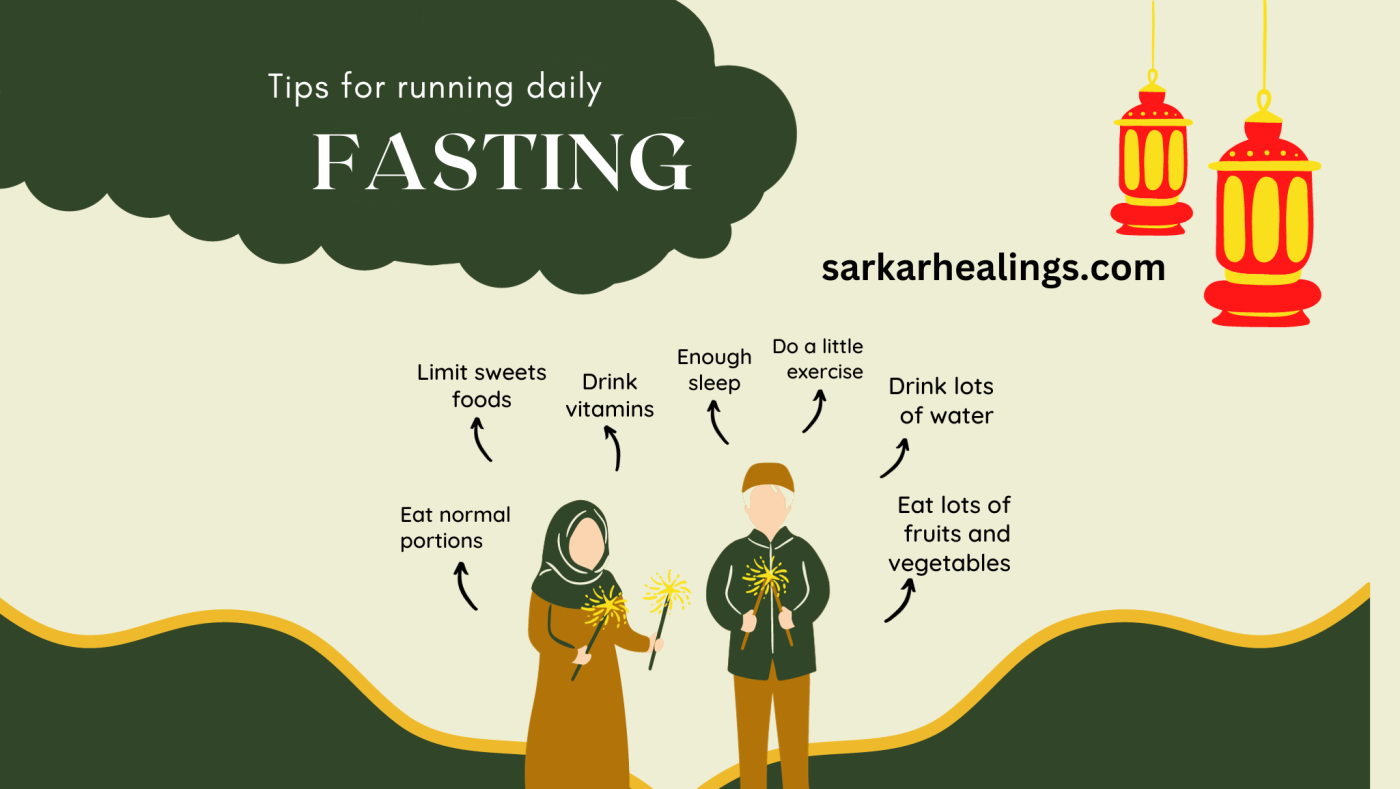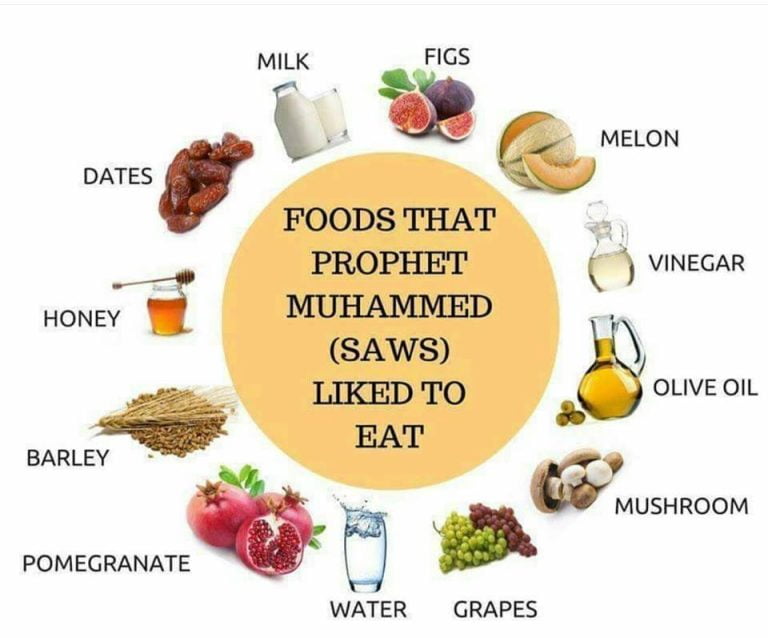Scientists confirm that fasting Improves Health
Scientists confirm that fasting Improves Health
Fasting in the Scientific Lens
Scientific studies have consistently shown that fasting can have a profound impact on various aspects of health. Below, we will discuss some of the key findings:
1. Weight Management
Fasting, when done correctly, can aid in weight management. It promotes fat loss and helps regulate hormones related to appetite, making it an effective strategy for those looking to shed excess pounds.
2. Improved Insulin Sensitivity
Research suggests that fasting can enhance insulin sensitivity, reducing the risk of type 2 diabetes. By allowing the body to use insulin more effectively, fasting contributes to better blood sugar control.
3. Cellular Autophagy
Fasting triggers a process called autophagy, where the body removes damaged cells and regenerates new, healthy ones. This cellular “spring cleaning” is linked to longevity and disease prevention.
4. Heart Health
Studies indicate that fasting can improve various cardiovascular risk factors, including blood pressure, cholesterol levels, and triglycerides. These improvements translate to a reduced risk of heart disease.
Fasting in the Islamic Tradition
In Islam, fasting holds a central place as one of the Five Pillars of Islam. Muslims worldwide observe fasting during the holy month of Ramadan. While the primary purpose of fasting in Islam is spiritual, it also offers numerous health benefits.
1. Self-Discipline and Self-Control
Fasting in Islam instills qualities of self-discipline and self-control. Muslims learn to manage their desires and develop restraint, which can positively impact various aspects of life.
2. Detoxification and Spiritual Cleansing
The act of fasting is seen as a form of detoxification, both physically and spiritually. By abstaining from food and drink during daylight hours, Muslims purify their bodies and minds, renewing their connection with Allah.
3. Community and Empathy
Fasting fosters a sense of community and empathy. Muslims come together to share the pre-dawn and sunset meals, strengthening social bonds and promoting solidarity with those less fortunate.
Incorporating Fasting into Your Life
1. Consultation with a Healthcare Professional
Before embarking on any fasting regimen, it’s essential to consult with a healthcare professional, especially if you have underlying health conditions or are taking medications.
2. Start Slowly
If you’re new to fasting, consider starting with intermittent fasting, which involves alternating between eating and fasting periods. Gradually extend fasting durations as your body adapts.
3. Hydration and Nutrition
During fasting periods, prioritize hydration and consume nutrient-dense foods to support your body’s needs. Suhoor (pre-dawn meal) and Iftar (meal to break the fast) should be well-balanced.
Hadith mention that Fasting Improves Health
Hadith #1: Fasting Improves Health
The Noble Prophet(Peace be upon him)has said,’ Fast; you will get healthy.’
►(Ad-Dur-rul-Manšur, pp. 440, vol. 1)
Hadith #2: Fasting Improves Health
Sayyiduna ‘Ali (Radiyallahu Anhu) narrates that the Prophet (peace be upon him) said, ‘Allah sent a revelation to one of the Prophets of Bani Israil commanding him to inform his Ummah that if anyone fasts a day for My pleasure, I will grant him good health and reward him greatly.’
►(Shu’ab-ul-Iman, pp. 412,vol. 3, Hadith #3923)
In this article, we look at modern day scientific studies which have shown that fasting reduces heart and diabetes risk, improves good cholesterol levels and brings down bad cholesterol levels,It can help protect against brain diseases and is also proven to weaken cancer.
Fasting reduces Bad Cholesterol and increases good cholesterol
At the same meeting, the team looked at blood markers for heart risks among people who had not previously fasted over 12 hours. The blood markers were checked when they fasted and during a normal eating day. The fast was a water-only fast, and participants were allowed to take any necessary medication.
The participants’ “good” cholesterol rose during the fast. Their “bad” cholesterol levels and their total cholesterol levels also increased, which is not considered favorable.
fasting Improves Health
During the fast, participants also saw reductions in levels of dangerous blood fats called triglycerides and blood sugar or glucose levels. “Your body goes into self-protection mode to preserve the integrity of cells and tissue until food starts coming in again, so it uses fats instead of glucose for fuel,” Horne says. The increase in total cholesterol may just be transient.
“It appears that the total cholesterol has gone up because the liver is not processing as much cholesterol and instead it is being dumped into the bloodstream to be used as fuel,” he says.
Positive effect on Lipid Profile Results – Fasting Improves Health
Fasting in the holy month of Ramadan affects cholesterol levels positively while leading to changes in the body that may also impact health, according to a new study presented recently.A new medical study undertaken in the UAE by a team of cardiologists led by the chief interventional cardiologist at American Hospital Dubai, working with volunteers has shed new light on the subject by examining changes to cholesterol levels (a key indicator and risk factor for heart disease) during Ramadan. The findings of the study were presented at the recent World Cardiology Conference hosted in Dubai.
Body Mass Index (BMI), blood pressure (BP) and lipid profile (blood test to measure cholesterol) were all measured two weeks before Ramadan. The same measurements were then repeated a second time during the fourth week of Ramadan, and then a third set of measurements were taken three weeks after the end of Ramadan. There are two forms of cholesterol — LDL (‘bad’ cholesterol) and HDL (‘good’ cholesterol). The LDL can build up on the walls of the arteries and increase the chance of getting heart disease. The lower the LDL cholesterol number, the lower the risk.
UAE study to examine the effects of Ramadan fasting on lipid profile provides the evidence that the change in habits and eating patterns during the Holy Month have a positive effect on cholesterol despite an increase in Body Mass Index amongst the sample. The study concluded that for the UAE group, during the fasting month of Ramadan, the average LDL decreased and the average HDL increased, resulting in a significant improvement of the HDL/LDL ratio in spite of the increased BMI.
Frequently Asked Questions (FAQs) – Fasting Improves Health
Q: Is fasting safe for everyone? A: Fasting can be safe for many individuals, but it’s crucial to consult a healthcare professional, especially if you have medical conditions or are pregnant.
Q: Can fasting be combined with regular exercise? A: Yes, fasting and exercise can complement each other. However, it’s important to adapt your workout routine to your fasting schedule and stay hydrated.
Q: What are the spiritual benefits of fasting in Islam? A: Fasting in Islam promotes self-discipline, empathy, and a sense of community. It also provides an opportunity for spiritual reflection and growth.
Q: Are there different types of fasting in Islam? A: Yes, besides Ramadan fasting, Muslims may observe voluntary fasts on specific days and during the first ten days of Dhul-Hijjah.
Q: Can fasting improve mental health? A: Some individuals report improved mental clarity and focus during fasting. However, it’s essential to listen to your body and seek support if needed.
Read More – 8 steps to Prepare for Ramadan
If you want give the best Name, Spiritual Guidance just, Whatsapp us






